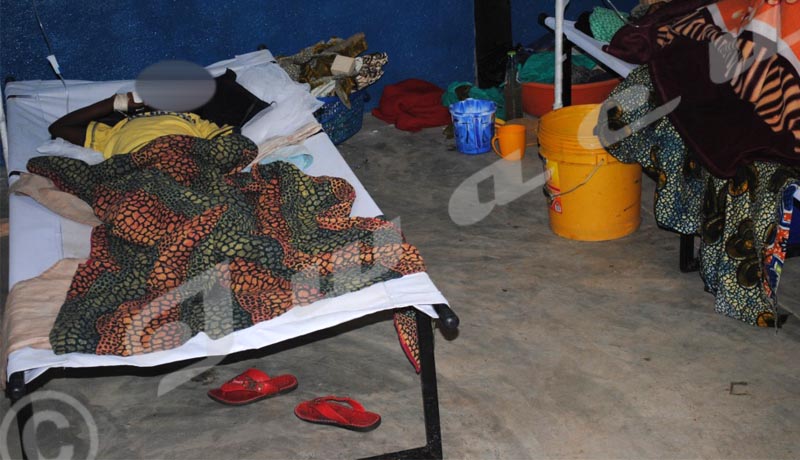Sources report that there has been a cholera outbreak in Mparambo and Munyika areas in Rugombo commune of Cibitoke province in the north west of Burundi since the beginning of the week. Four people have already caught this disease caused by the lack of clean water.

Cholera patients admitted to hospital in Rumonge
“We are all exposed to various diseases caused by the lack of hygiene because we do not have access to drinking water. We consume water from the Nyakagunda River, “says N.M a resident of Mparambo area. Almost all tap waters from the area have dried up, he adds.
Another thirty-year old woman worries about the health of her family. “We are going to die of cholera as we continue to drink water from the Nyakagunda River,” she says. She explains that families have to buy water at BIF 100 for a 20 l can. “We cannot afford to buy the drinking water we need. We are forced to use the water from rivers, “she says. She calls on the government to distribute clean water to the population.
Céléstin Ndayihoze, Director of the Sanitary District in Rugombo indicates that exams analyzed at the National Institute of Public Health have confirmed the cholera outbreak in Rugombo. He explains that the lack of drinking water observed since the past few days in Mparambo and Munyika areas is the cause of this disease.
He also says that some residents of Rugombo do not use toilets. “We have also seen people washing the clothes of people infected with diarrhea in rivers. As a result, they contaminate the water that is consumed by many people,” he says. He reassures that agents of local water board as well as those of the company in charge of distributing drinking water and electricity(REGIDESO) have promised to distribute free drinking water to all inhabitants of Rugombo who need it.
Firmin Habumuremyi, Social advisor to the administrator of Rugombo commune, says that the administrative authorities are committed to forbidding Rugombo residents from using the water from rivers and teaching them to use appropriately toilets.



















 IWACU Open Data
IWACU Open Data

